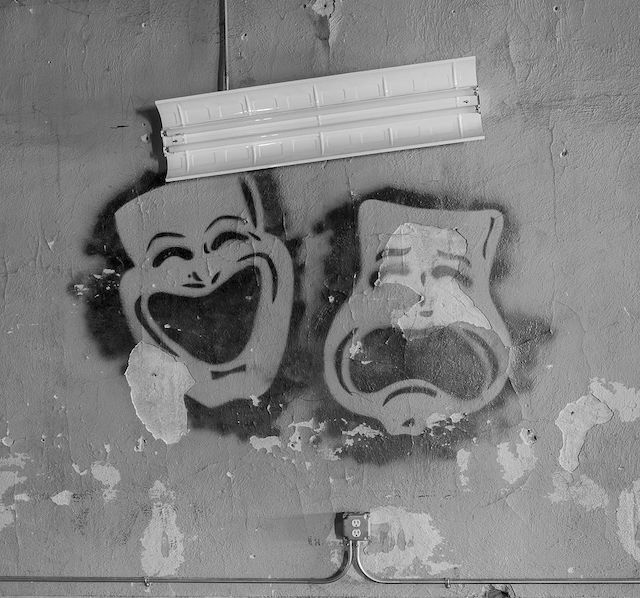Featured in

- Published 20241105
- ISBN: 978-1-923213-01-2
- Extent: 196 pp
- Paperback, ebook, PDF


Already a subscriber? Sign in here
If you are an educator or student wishing to access content for study purposes please contact us at griffithreview@griffith.edu.au
Share article
About the author

Lucinda Holdforth
Lucinda Holdforth is an author and speechwriter based in Sydney. Her latest book is Twenty-First Century Virtues: How They Are Failing our Democracy (Monash...
More from this edition

The trouble with eternity
Poetry I had a dream about the afterlife: I died quite unexpectedly Although it is, of course, to be expected, And I materialised in the middle of a...

Up for debate
In ConversationDebate emphasises different ideals. You are forced to argue for positions you don’t believe and, regardless of your stance, you learn always to consider the opposing perspective. That is quite literal: after preparing your case, you turn to a different sheet and write the four best arguments for the other side or mark up your argument for its flaws and inconsistencies. Paper and pen. That is countercultural at a time when we expect a tight nexus between speech and identity, and I think there is something to be gained from such role-play.

On the contrary
In Conversation Australian novelist Lexi Freiman knows how to walk a literary tightrope. Her fiction is both savagely funny and strikingly empathetic, daring to satirise the...